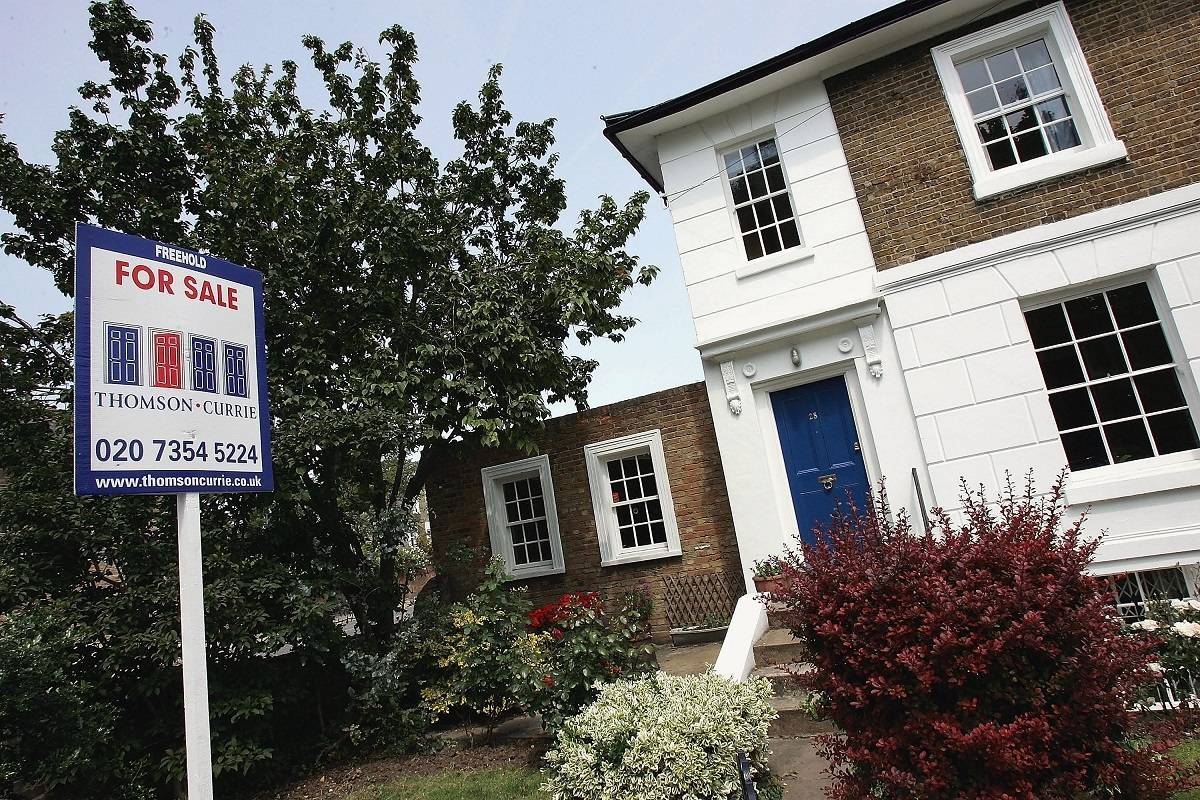Fot. Getty
From keeping a good credit history to meeting lender's criteria, such as length of employment or source of deposit – getting a mortgage is a multi-step process that you should be familiar with before submitting your application. Karol Wołosiak – Mortgage and Protection Adviser from Maxwell Mortgage Services, answers the most burning questions regarding the purchase of a real estate in the UK.
1. Before applying for a mortgage, it is worth finding out how lenders consider applications in order to be aware of what criteria we should meet. So, what does this process look like and how can we ensure that our application is approved?
Karol Wołosiak: Every application is unique and different factors will be considered. Each lender has specific criteria which you have to meet to be approved for a mortgage. There are many factors which will be checked during mortgage application like: age, form of income, length of employment, credit history, size and source of deposit, permission to work and stay in UK, type of property, term of mortgage, number of applicants… If you are not sure that you meet lender’s criteria, contact a mortgage broker who will check it for you.
2. Many people do not consider the importance of keeping a good credit history. Why should we take care of it, even if we do not yet plan to buy a house or apartment?
KW: It’s very important to keep good credit history. If your credit history is not in the best ‘shape’ it will be hard to improve in few weeks prior the mortgage application.
With poor credit history your application could be declined or the loan could be very expensive. Higher risk for the lender could mean higher interest rates and higher cost for the borrower.
During mortgage application, every lender will check your credit history and calculate their own credit score for you. If the result is below lender’s minimum, the application will be declined.
3. What factors may affect the rejection of our mortgage application? Should we be concerned that our earnings are irregular?
KW: In case where earnings are irregular, the application should not be rejected. Lenders calculate affordability in different way when the income is not guaranteed. If you are not sure what irregular income can be accepted and at what percentage, please have a chat with a mortgage broker who will calculate your affordability for you.
4. Are the applications of self-employed applicants considered less favourably than applications of full-time employees?
KW: I wouldn’t say that self-employed applicants are treated less favourably than employees. Lenders require more documents from self-employed applicants so the application process can be longer. Both employed and self-employed income can be accepted by a lender.
5. Can our mortgage application be declined due to the type of property? If so, in what cases and why?
KW: Yes, it may happen that a mortgage application will be declined due to the property you want to buy. Each lender will check the property before they secure a mortgage against it. If the property is in a bad condition, made of non-standard materials (e.g., steel frames), in an area where it could be hard to re-sell the property the application could be declined.
As you can see from the above interview, getting a mortgage depends on many factors. For this reason, always remember to seek advice from experienced mortgage advisers.


